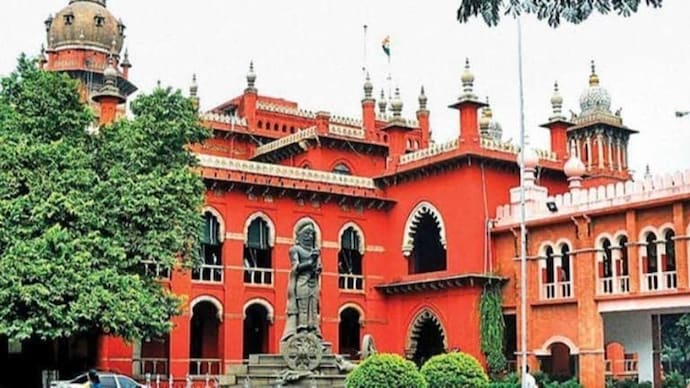'Right to vent': High Court upholds bank employee's right to criticise management
Madras High Court upholds an employee's 'right to vent' as the court was hearing a petition filed by a Tamil Nadu Grama Bank employee, who was facing disciplinary action for mocking bank's administrative actions.

In Short
- Madras High Court has set aside a charge memo against an employee of Tamil Nadu Grama Bank from Thoothukudi.
- Justice GR Swaminathan granted relief to the employee, stating that complaints finding expression is in the interest of the organization.
- The Constitution of India's Article 19(1)(a) guarantees freedom of speech and expression unless legally restricted.
While setting aside a charge memo issued against Tamil Nadu Grama Bank's employee from Thoothukudi, the Madras High court noted that every employee has a "right to vent".
The court further mentioned that the management could not take action against the employees for posting messages on the WhatsApp groups expressing their critical views against the management.
The court was hearing a petition filed by Tamil Nadu Grama Bank employee, A Lakshminarayanan, who was reportedly facing disciplinary action for his messages against the authorities on a WhatsApp group.
"There is something called the right to vent. Every employee or member of an organisation will have some issue with the management. It is in the interest of the organisation that the complaints find expression. It will have a cathartic effect. If the image of the organisation is affected, the management can step in, but not till then," Live Law quoted the court as saying while granting relief to the bank employee.
The court further noted that Article 19(1)(a) of the Indian Constitution guarantees freedom of speech and expression until it's otherwise legally bound. The court observed that the common law principle is "every man's home is his castle".
The court further observed that what the respondent proposed amounts to thought-policing.

